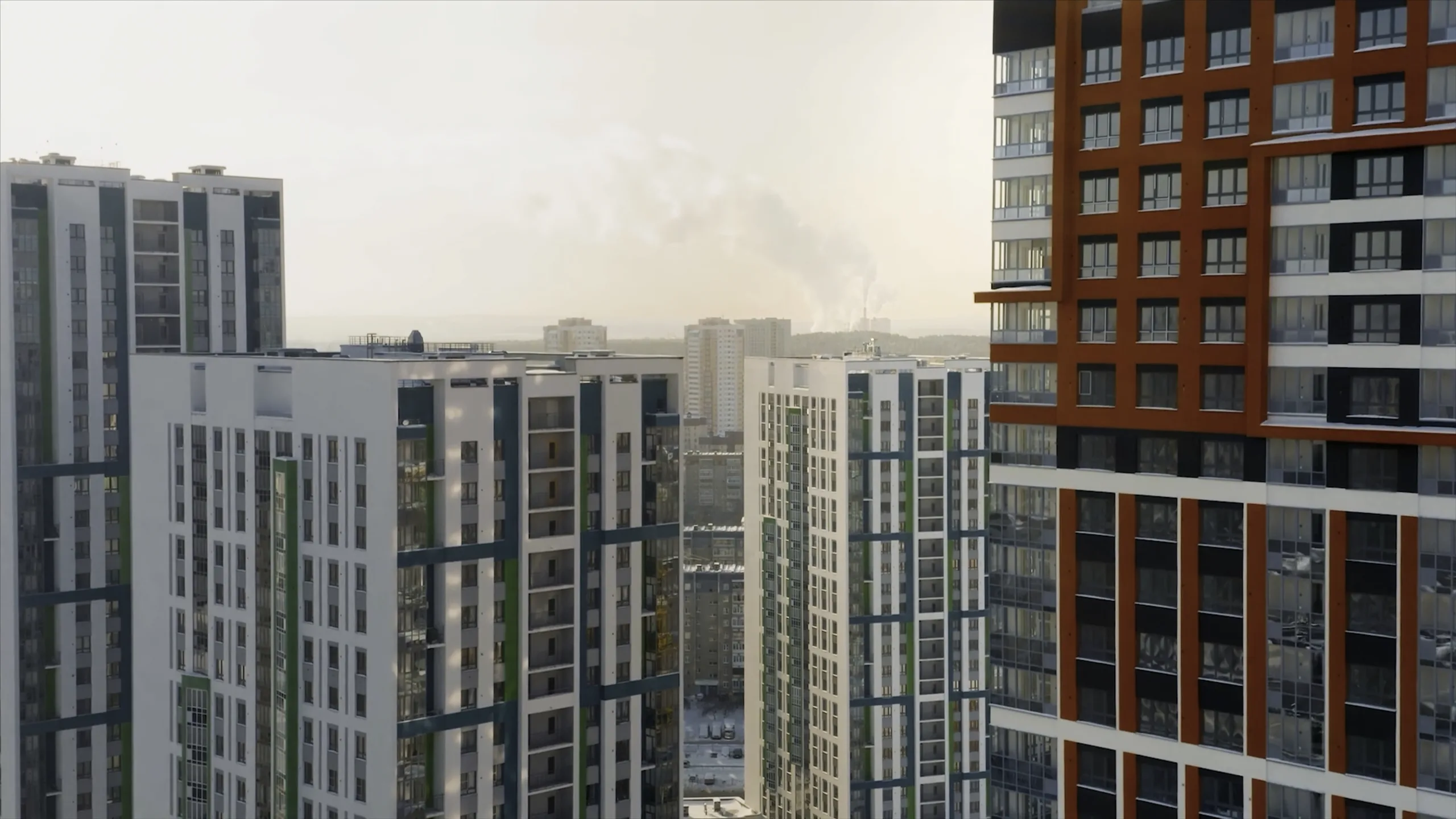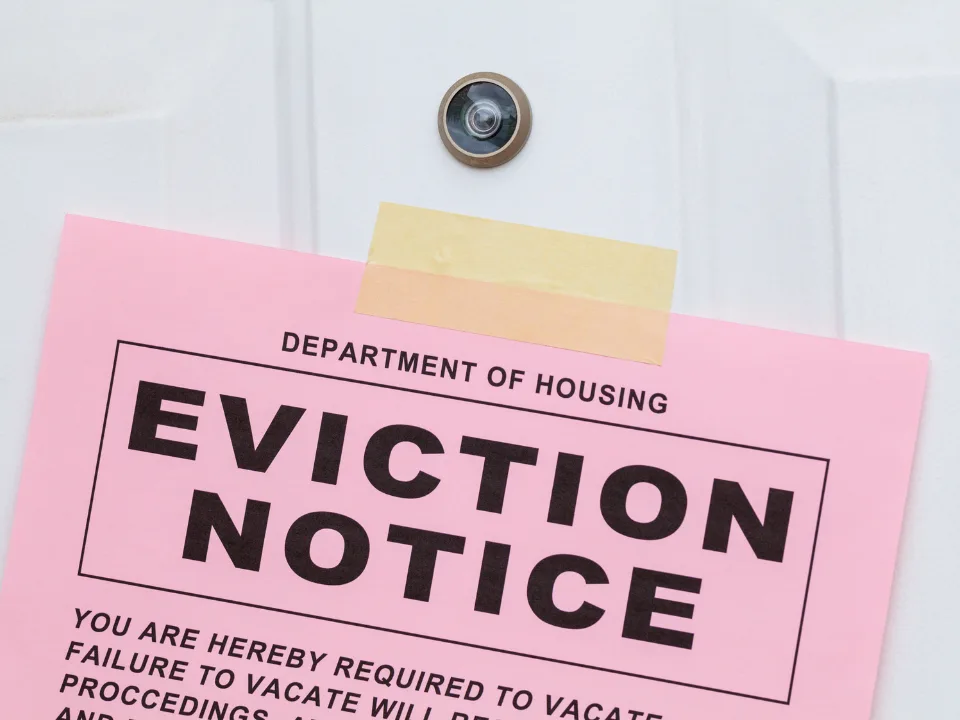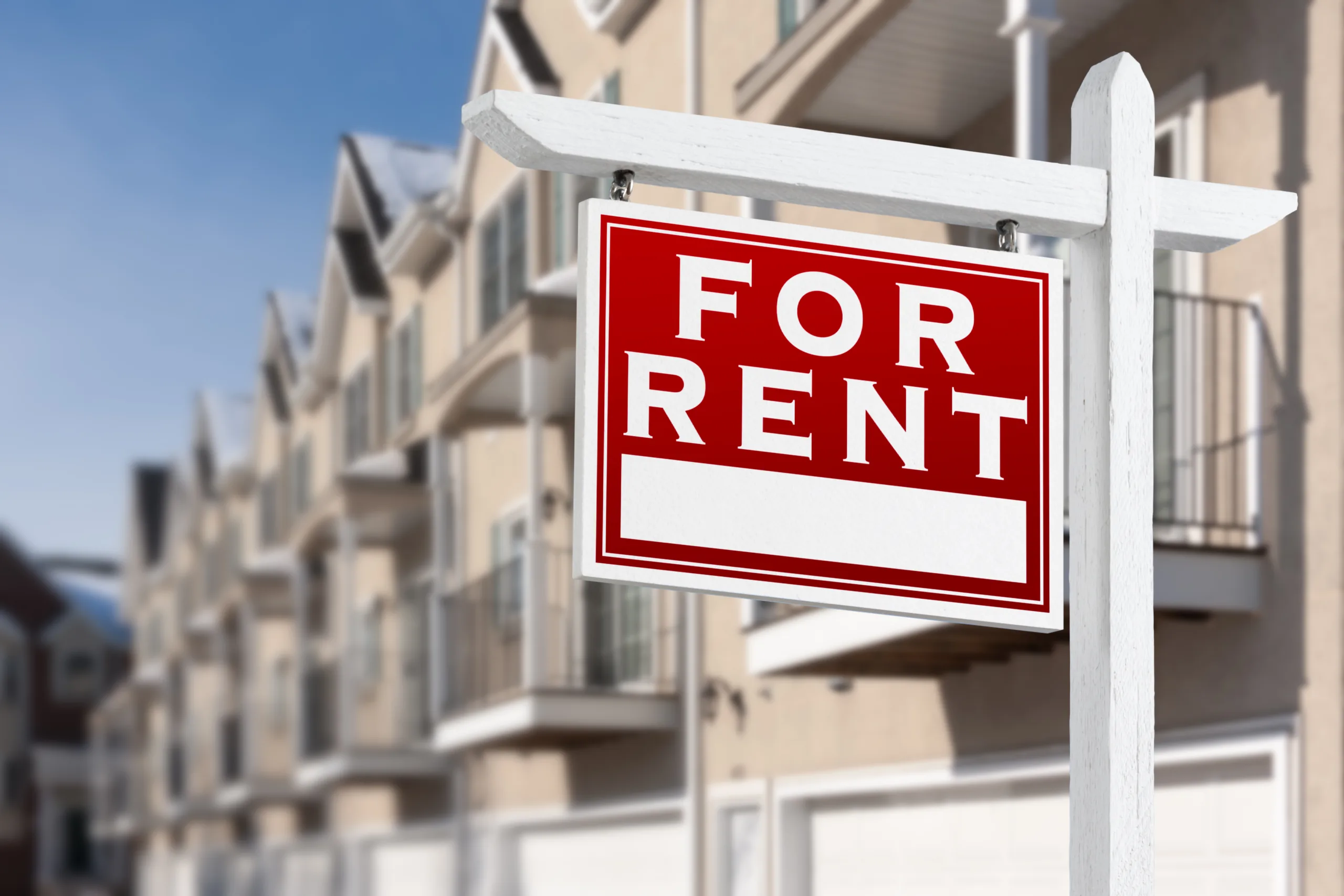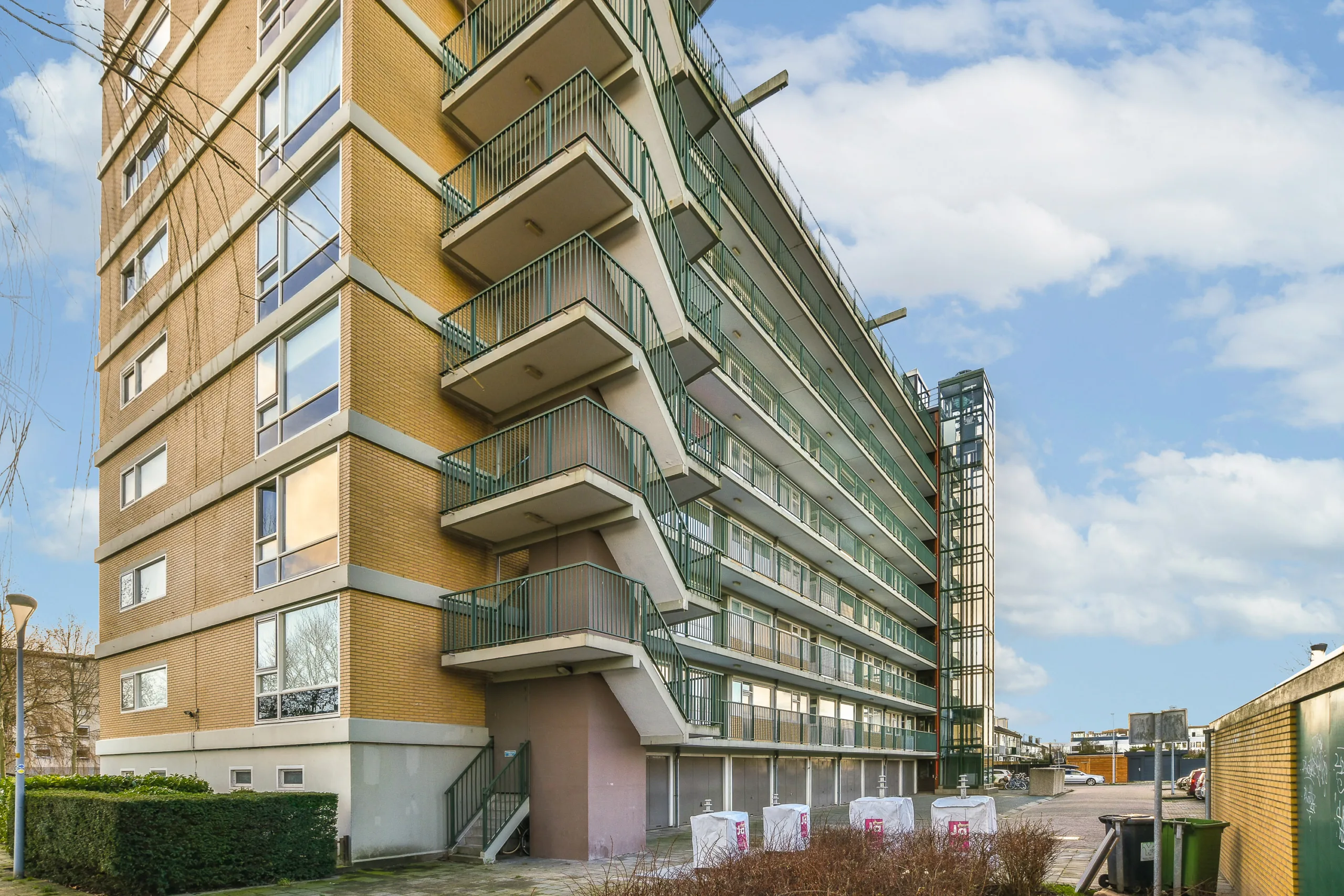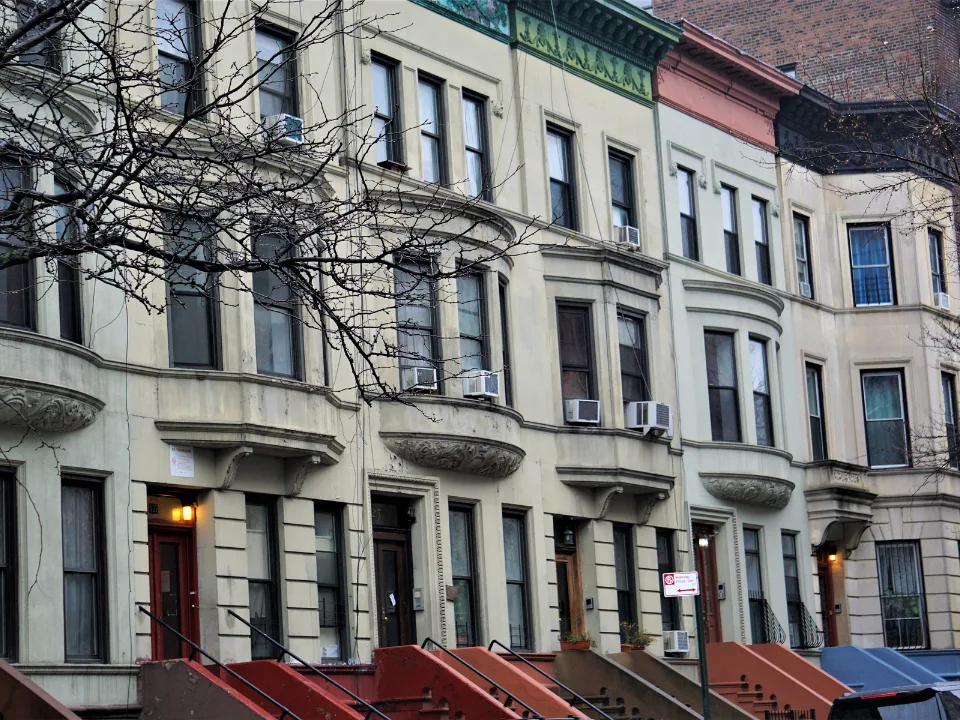- The U.S. Supreme Court declined to hear a case brought by landlords challenging Los Angeles’ pandemic-era eviction ban, effectively ending the suit.
- The plaintiffs, including GHP Management and 13 property-owning entities, sought compensation for more than $20 million in unpaid rent, arguing the ordinance amounted to an unconstitutional taking of property.
- Two justices—Clarence Thomas and Neil Gorsuch—indicated they would have reviewed the case, but the majority let the lower court rulings stand.
- The 9th Circuit previously ruled the moratorium didn’t trigger the Constitution’s takings clause, as it merely restructured the landlord-tenant relationship during an emergency.
Background
The case, GHP Management v. Los Angeles, centered on the city’s emergency eviction moratorium, which ran from 2020 to 2024 in response to the Covid-19 pandemic. Property owners argued the ordinance denied them the ability to collect rent or evict nonpaying tenants, violating the Fifth Amendment’s takings clause, as reported by Bloomberg.
A federal district judge dismissed the case, and the 9th U.S. Circuit Court of Appeals upheld that dismissal, reasoning that temporary adjustments to property rights during emergencies don’t constitute a government taking requiring compensation.
Get Smarter about what matters in CRE
Stay ahead of trends in commercial real estate with CRE Daily – the free newsletter delivering everything you need to start your day in just 5-minutes
Industry Impact
With the high court’s refusal to intervene, landlords nationwide are less likely to succeed in future challenges to pandemic-related tenant protections. This outcome reinforces the broad leeway municipalities have in responding to public health emergencies, even at the expense of property income.
Why It Matters
Real estate industry groups had hoped the Supreme Court would reconsider the scope of property rights during emergencies. The Court’s decision leaves intact a legal precedent that favors government emergency actions over landlord compensation claims—a key concern as cities consider permanent tenant protections and rent control policies.
What’s Next
Legal observers say future cases might still reach the high court, especially if they involve more permanent regulatory measures. For now, cities across the U.S. may view this decision as a green light to implement emergency housing regulations without fearing federal compensation requirements.
